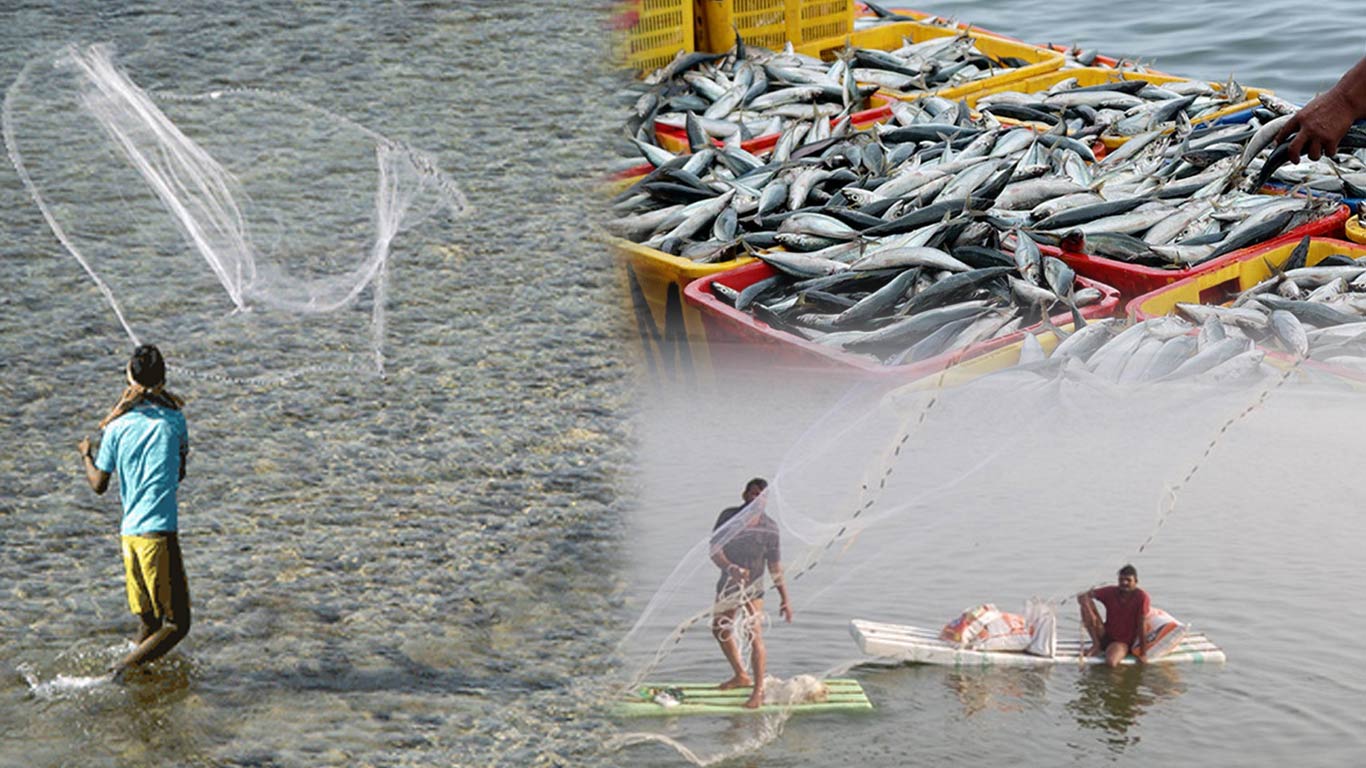India Stresses Welfare Of Fishing Communities In WTO Subsidies Negotiations
Updated: Feb 28, 2024 05:07:54pm

India Stresses Welfare Of Fishing Communities In WTO Subsidies Negotiations
New Delhi, Feb 28 (KNN) India emphasised the crucial need to prioritise the welfare of fishing communities in ongoing negotiations concerning fisheries subsidies at the World Trade Organisation (WTO) on Tuesday.
The country reiterated the delicate balance between supporting the fisheries sector through subsidies while ensuring sustainable practices to safeguard marine resources and livelihoods.
Highlighting the significance of subsidies for developing countries and small economies, India emphasised their role in sector development, diversification, and safeguarding food security for millions dependent on fishing.
With approximately 9 million people relying on the sector, India represents a quarter of the world's fishermen, underscoring the importance of its stance in the negotiations.
At the Ministerial Conference 13 (MC13) in Abu Dhabi, WTO members are striving to reach a consensus on curbing subsidies that contribute to overfishing.
India stressed that any comprehensive agreement should adhere to the principles of Common But Differentiated Responsibilities and Respective Capabilities (CBDR-RC) to ensure fairness among nations.
India advocated for the incorporation of Special and Differential Treatment (S&DT) provisions, acknowledging the diverse needs of member nations.
Furthermore, India called for addressing non-specific fuel subsidies and corporate fishing rights transfers under Government to Government (G2G) arrangements to effectively promote sustainability.
In addition, India proposed that developing countries retain subsidies for their fishermen operating within exclusive economic zones (EEZs) up to 200 nautical miles, while urging developed nations to cease subsidies for fishing beyond these zones for the next 25 years.
India's stance reflects a commitment to balancing economic development with environmental conservation and social equity in global fisheries management.
As negotiations progress, prioritising the welfare of fishing communities remains paramount for ensuring a sustainable future for marine resources and livelihoods worldwide.
(KNN Bureau)











